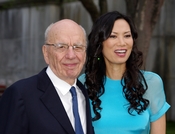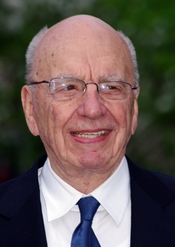The digital revolution is here, far reaching and with enormous impact, it has no doubt changed media communications forever. However, the true potential and extent of these changes has yet to be felt as the technology is still in relative infancy. The digital age no doubt possesses impressive prospects, yet the changes it has made to date can be argued to be a mixed blessing to both media communications and to society as a whole.
Loosely expressed, the digital revolution is the switching over from the traditional analogue signal of old to the new digital signal which, although requires a new receiver, promises to deliver much. However, this does not just affect television, Radio has also gone partially digital. It has also given way to arguably the most influential piece of modern communication technology, the internet. Now we are faced with literally hundreds more television channels than ever. Each one promising new and exciting programming, untold levels of interactivity and is available to everyone, regardless of class or creed.
'Looking for a great choice in entertainment? Look no further! Sky digital has it all.'
Radio now has more channels than one could listen to in a lifetime and the internet, contained within its digital web, has the untold potential to be the font of all knowledge. However, all is not what it may seem. Media communication prior to digitalization has many problems. These problems spanned from the increasing difficulty the regulatory bodies faced in the task of regulating the standard five terrestrial channels in such a quickly changing social climate to the problems arising from the mass media and 'dumbing down'. The question is, has the digital revolution help improve matters or has it proven to merely brought about a whole new set of difficulties.
One of the main concerns...


